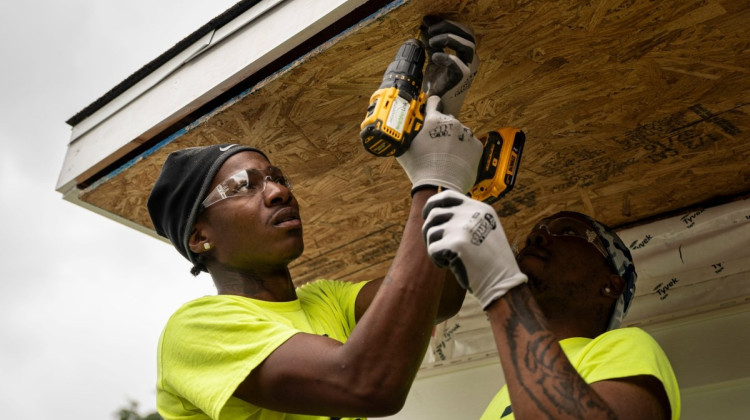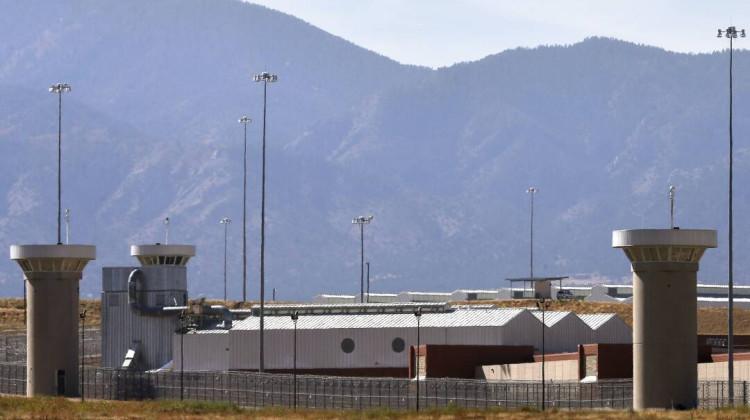
The Indiana Chamber of Commerce estimates the ruling could bring the state up to 200 million dollars in annual revenue. (Pixabay)
Most online retailers can no longer get out of collecting state sales taxes thanks to a U.S. Supreme Court ruling this week, but the decision could hurt small businesses, including in Indiana.
The ruling means states can require businesses that sell goods online to collect a sales tax for each purchase. But tax requirements differ from state to state.
Indiana, for example, passed legislation in 2017 requiring businesses outside the state, that make at least $100,000 a year or more than 200 individual transactions, to collect a 7 percent tax. At the same time, Indiana businesses have to comply with sales tax laws in the other states they sell in.
Mark Brooks, the vice president of Southern Indiana Scuba, says his business doesn’t have the resources to keep track of all the information.
“Do they charge for shipping on sales tax? Do they charge for service? You know, with all this stuff out there, it’s not going to be a simple thing,” Brooks says. “And so, for as little as I bring in on the web, I’m just going to shut my web store down.”
Brooks says he’s received online purchases from all over the world, and they make up about 10 to 15 percent of his sales. He says he’ll continue selling online to customers in Indiana.
The Indiana Chamber of Commerce estimates the ruling could bring the state up to $200 million in annual revenue.
 DONATE
DONATE







 Support WFYI. We can't do it without you.
Support WFYI. We can't do it without you.